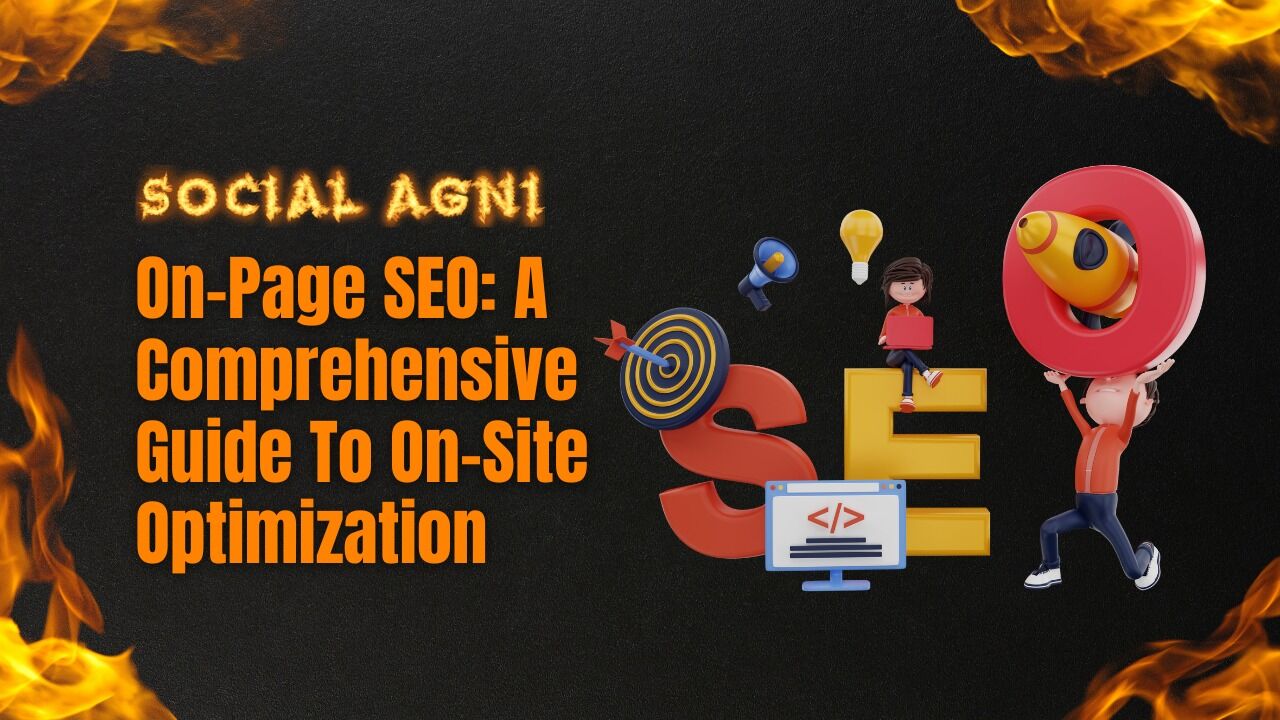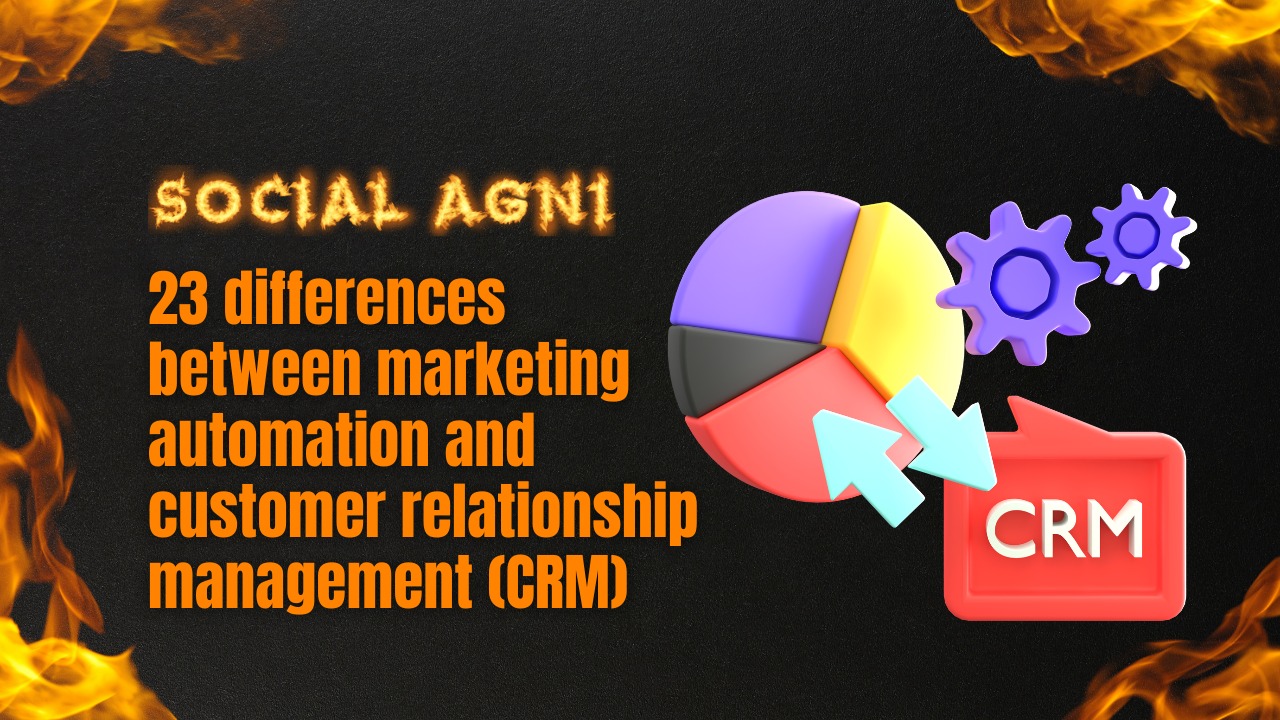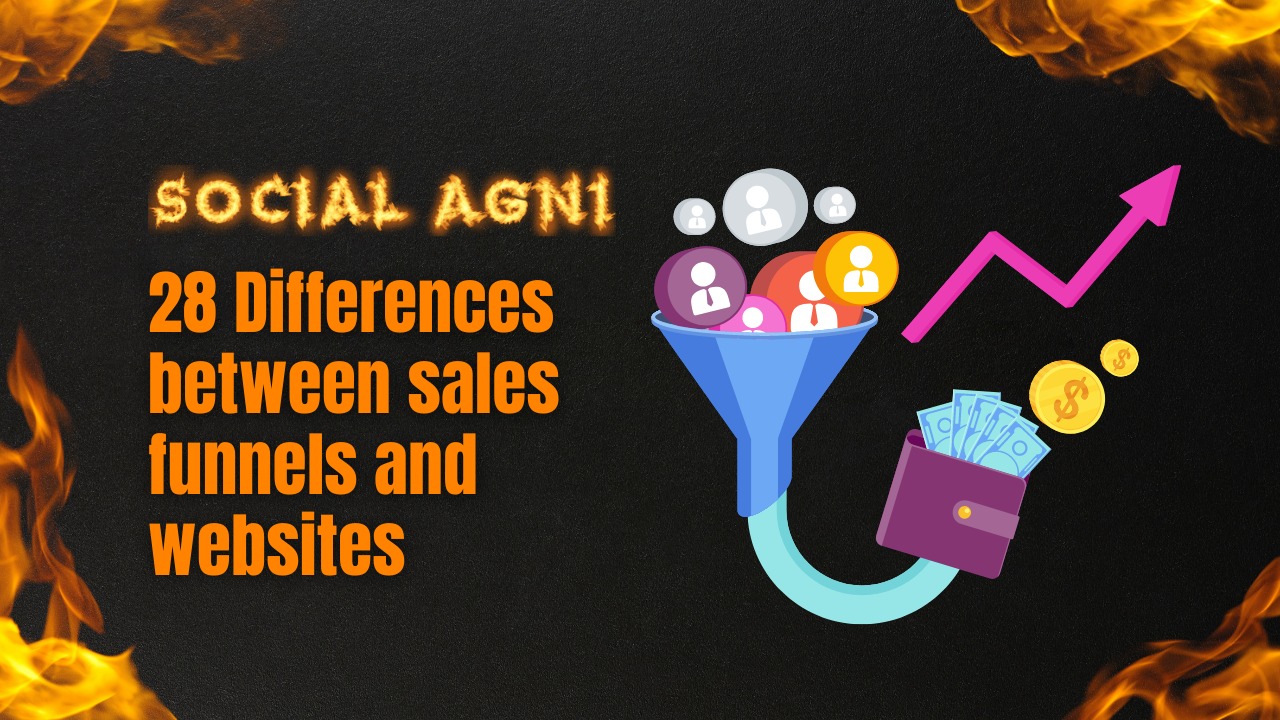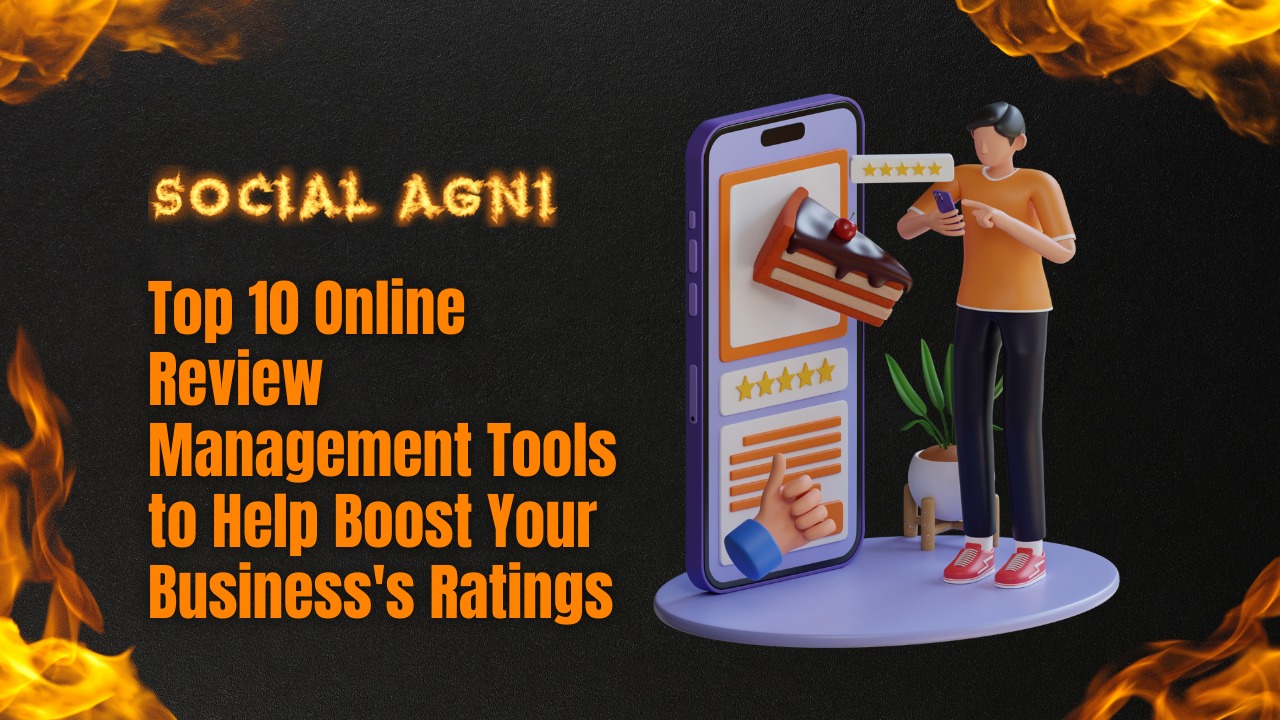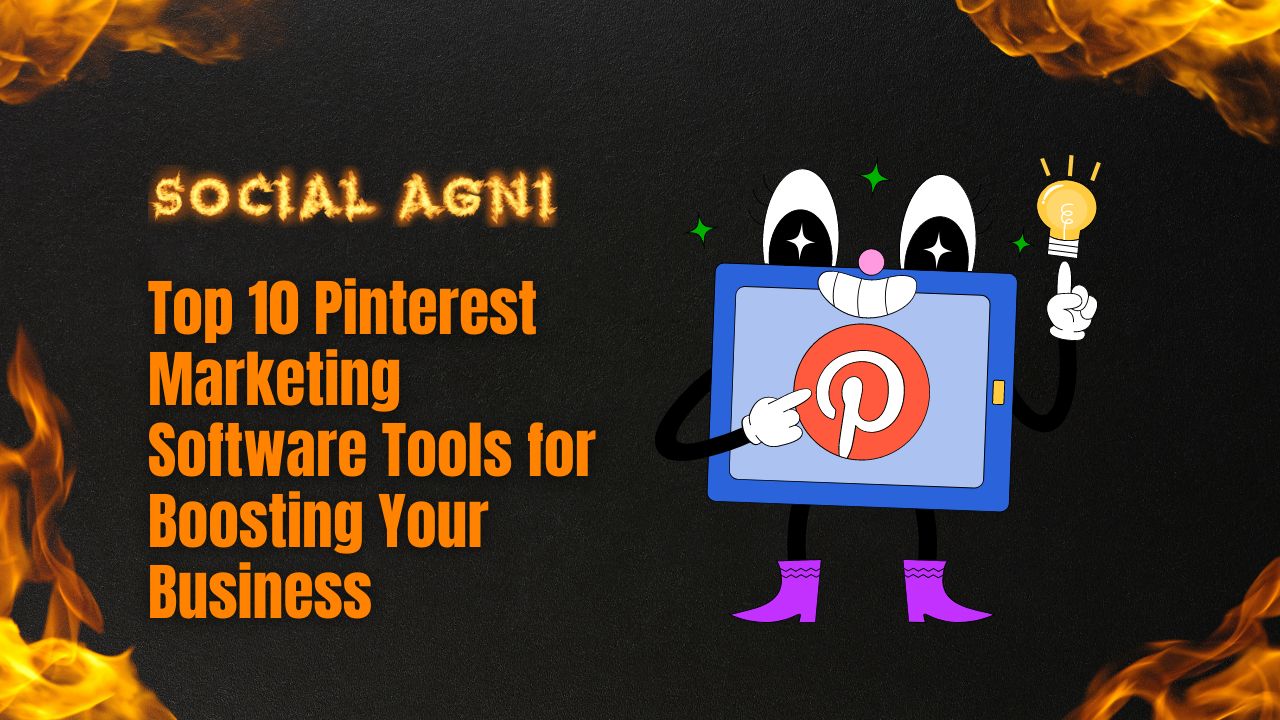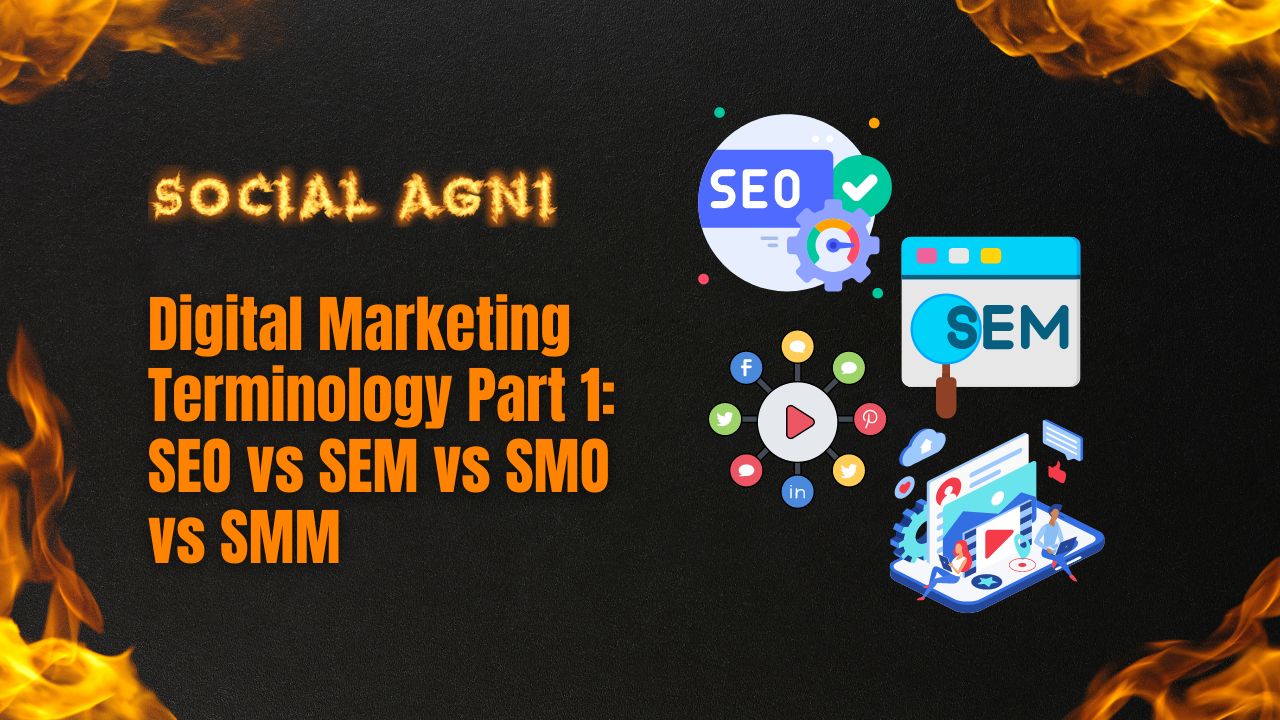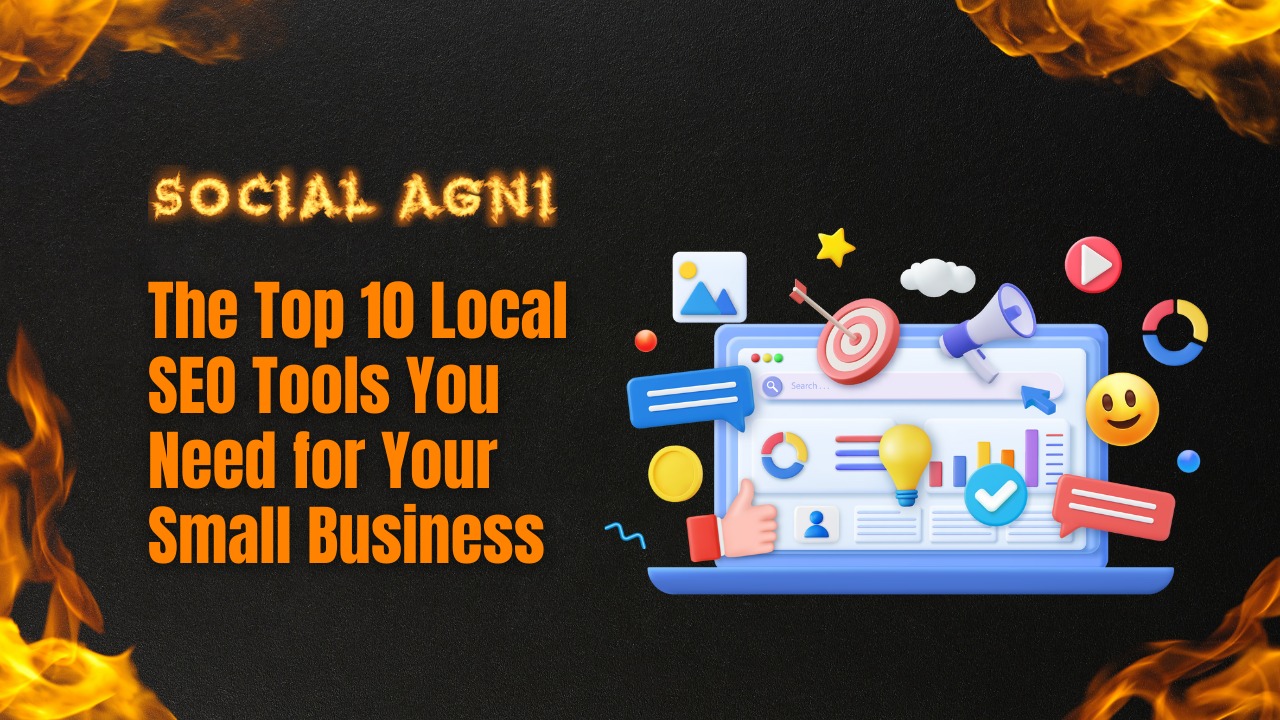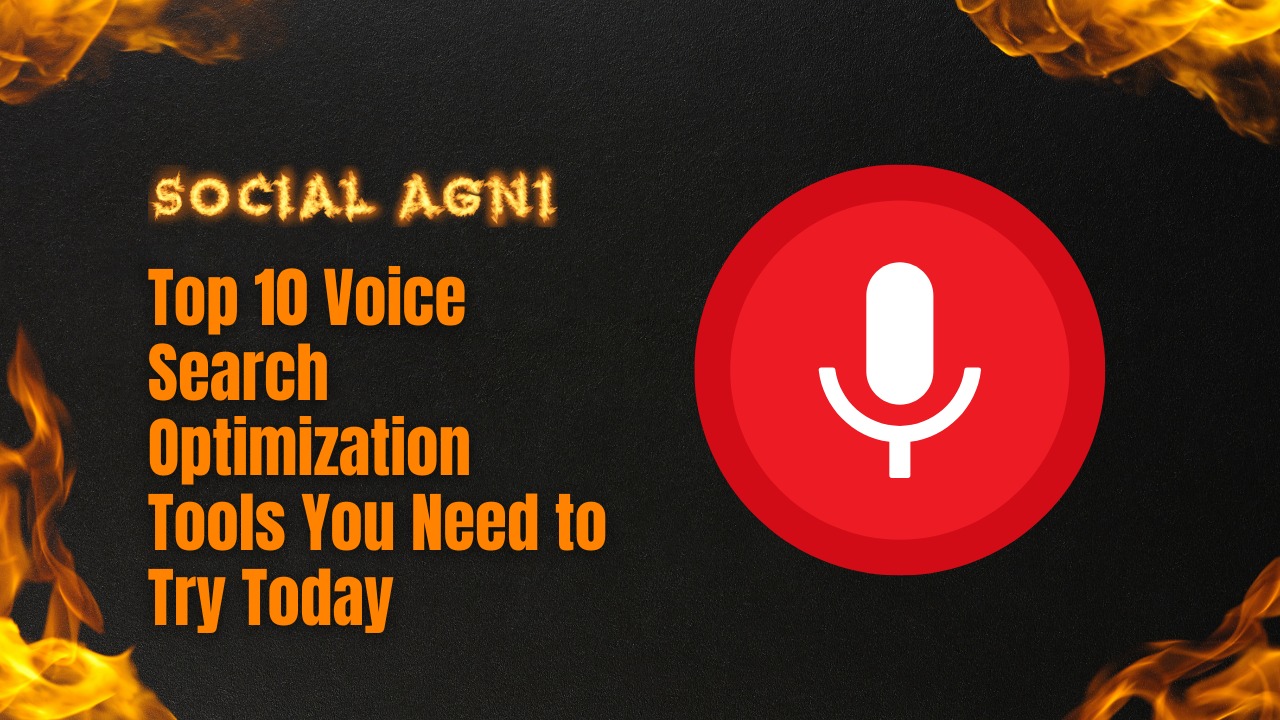SEO is a necessary component of any digital marketing strategy. However, with the ever-changing landscape of search engines, it can be difficult to keep up with the latest trends and best practices. This comprehensive guide covers everything you need to know about on-page SEO, from keyword research to optimizing your website content. By following the tips in this guide, you can ensure that your website is optimized for search engines and easy for your users to navigate.
What is on-page SEO?
On-page SEO is the process of optimizing a website for search engines. It includes optimizing the website’s title, description, keywords, and other factors that influence search engine ranking.
On-page SEO is important because it helps search engines understand what your website is about and how relevant it is to certain keywords. This allows them to rank your website higher in search results, which leads to more traffic and visibility for your business.
There are many different techniques that can be used to optimize a website for search engines. However, not all of them are equally effective. Some common on-page SEO techniques include optimizing title tags, meta descriptions, and header tags; using keyword-rich content; and creating internal links.
The best way to optimize your website for search engines is to hire a professional SEO company. They have the experience and expertise necessary to get your website to the top of the search results.
The benefits of on-page SEO
On-page SEO is one of the most important aspects of search engine optimization. By optimizing your website for the search engines, you can increase your visibility and draw more traffic to your site.
There are many benefits to on-page SEO, including:
1. Increased traffic: One of the main benefits of on-page SEO is increased traffic. By optimizing your website for the search engines, you can improve your ranking in the search results and attract more visitors to your site.
2. Improved usability: On-page SEO can also improve the usability of your website. By making your website more accessible to the search engines, you can make it easier for users to find the information they are looking for.
3. Improved conversion rates: In addition to increased traffic, on-page SEO can also lead to improved conversion rates. By making your website more relevant to the searcher’s needs, you can persuade them to take action on your site, whether it’s subscribing to your newsletter or making a purchase.
4. Greater brand awareness: On-page SEO can also help you build greater brand awareness for your business. By optimizing your website for the search engines, you can ensure that your website appears in the search results when people are searching for products or services related to your business. This can help you attract new customers and grow your business.
5. Competitive advantage: On-page SEO can give you a competitive advantage over other businesses in your industry. By optimizing your website for the search engines, you can make it easier for potential customers to find you and learn about your business. This can help you win more business and stay ahead of your competition.
On-page SEO is an important part of search engine optimization. By optimizing your website for the search engines, you can increase your visibility, draw more traffic to your site, and improve your conversion rates.
On-page SEO tips and tricks
If you’re looking to improve your on-page SEO, this comprehensive guide will give you all the tips and tricks you need. From optimizing your title and meta tags to using the right keywords and phrases, we’ll cover everything you need to know to get your pages ranking higher in search engine results.
So let’s get started!
1. Optimize Your Title And Meta Tags
Your title and meta tags are some of the most important elements on your page when it comes to SEO. That’s because they help search engines understand what your page is about, and they also play a role in how your page appears in search results.
Make sure that your website’s title tag and meta tags are accurate, unique, and descriptive, and include the keyword or phrase that you’re trying to rank for. And while there’s no perfect length for meta tags, a good rule of thumb is to keep them under 155 characters.
2. Use The Right Keywords And Phrases
Use keyword-rich titles and descriptions for your blog posts and pages.
Choosing the right keywords and phrases is essential for on-page optimization. When deciding which words to use, think about what potential customers might be searching for when looking for a business like yours. Then, incorporate those keywords throughout your content, including in the title , meta tags, and body text.
Remember to use keywords naturally, though, as search engines will penalize you if they think you are keyword stuffing. A good rule of thumb is to use a keyword or phrase once for every 100 words of content.
When creating your website’s title and description, be sure to use keywords that accurately describe your site. This will help search engines index and rank your site more effectively.
3. Optimize Your Images
Images can also help improve your SEO, but only if they’re properly optimized. Make sure to include descriptive file names and alt text for all of your images, and compress them so that they don’t slow down your page loading time.
4. Use Internal and External Links
Linking to other pages on your website can also help with SEO. Not only does it help search engines understand the structure of your website, but it also helps users navigate your site more easily.
Create internal links between your website’s pages. When linking to other pages, use keywords or phrases in the anchor text to help improve the target page’s ranking, and also use external linking to high-quality websites.
5. Create Unique And Compelling Content
Last but not least, one of the best ways to improve your on-page SEO is to create unique and compelling content. Write blog posts that are informative and interesting, and make sure to include relevant keywords and phrases throughout. The more engaging your content is, the more likely people are to share it, which can help improve your SEO even further.
Your website’s content should be keyword-rich and informative. Be sure to include relevant keywords in your headlines, subheadings, and throughout the body of your text. In addition, all of your content should be well-written and free of any grammar or spelling errors.
6. Structure your website properly.
Search engines place a great deal of importance on how your website is structured. Be sure to use proper headings and subheadings, and use internal linking to help search engines navigate your site more easily.
7. Use alt tags for images.
Alt tags are used to describe the contents of images on your website. Be sure to include relevant keywords in your alt tags so that search engines can index your images more effectively.
8. Use social media to your advantage.
Social media can also help improve your SEO. Be sure to share your website’s content on social media sites, and include links back to your website in your profiles. In addition, encourage others to share your content by adding social sharing buttons to your website.
9. Monitor your website’s progress.
Use Google Analytics or another web analytics tool to track your website’s traffic and monitor your SEO progress. This will help you identify which of your SEO efforts are working and which need to be improved.
10. Keep your website up to date.
Make sure to regularly update your website with new content, and remove any outdated or irrelevant information. This will help search engines index your site more effectively and also keep users coming back for more.
By following these tips, you can improve your website’s on-page SEO and make it more likely to rank highly in search engine results.
Conclusion
On-page SEO is a complex and ever-evolving beast, but hopefully this guide has given you a good foundation to get started with your own on-site optimization efforts.
Remember to keep your keyword research up-to-date, focus on creating interesting and engaging content, and make sure your website is fast and easy to use. With a little bit of effort, you can see some real results from your on-page SEO efforts.
On-page SEO is an important part of any digital marketing strategy. By optimizing your website for search engines, you can increase your chances of ranking higher in SERPs, drive more traffic to your site, and convert more leads into customers.
While there’s no one-size-fits-all approach to on-page optimization, following the tips in this guide will help you get started on the right foot.
